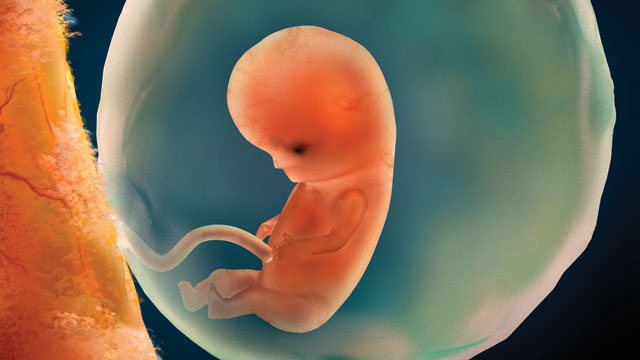As published in F1000Research, researchers at the University of Melbourne explored how the use of medications like paracetamol in pregnancy could impact the developing brain.
It is estimated that as many as 75 percent of women consume paracetamol during pregnancy. And in the new study, researchers tested the safety of this analgesic for unborn babies during pregnancy and in newborns during breastfeeding.
“In this study we aimed to determine the level of entry into the brain and cerebrospinal fluid (CSF) of three drugs at different ages,” the co-authors wrote in their research article.
“We also assessed the age-dependent functional capacity of brain barriers to prevent or limit the entry of potentially harmful drugs and how this may alter with a longer treatment regime.”
For the study, clinical doses of paracetamol, digoxin, and cimetidine were administered intraperitoneally in a sample of rodents.
The study concluded the following, “These results suggest that the developing brain may be more at risk from acute drug exposure than the adult brain due to reduced efflux capacity and at greater risk from chronic treatment due to a lack of efflux mechanism regulatory capacity.”
Based on the findings, researchers now hypothesize that it is possible to assess the risk for the developing brain of fetuses and newborns during drug entry across the placenta or through breastfeeding.
Such understanding, which remains frail, could lead to more appropriate guidelines on the safe use of particular drug consumption during pregnancy.


